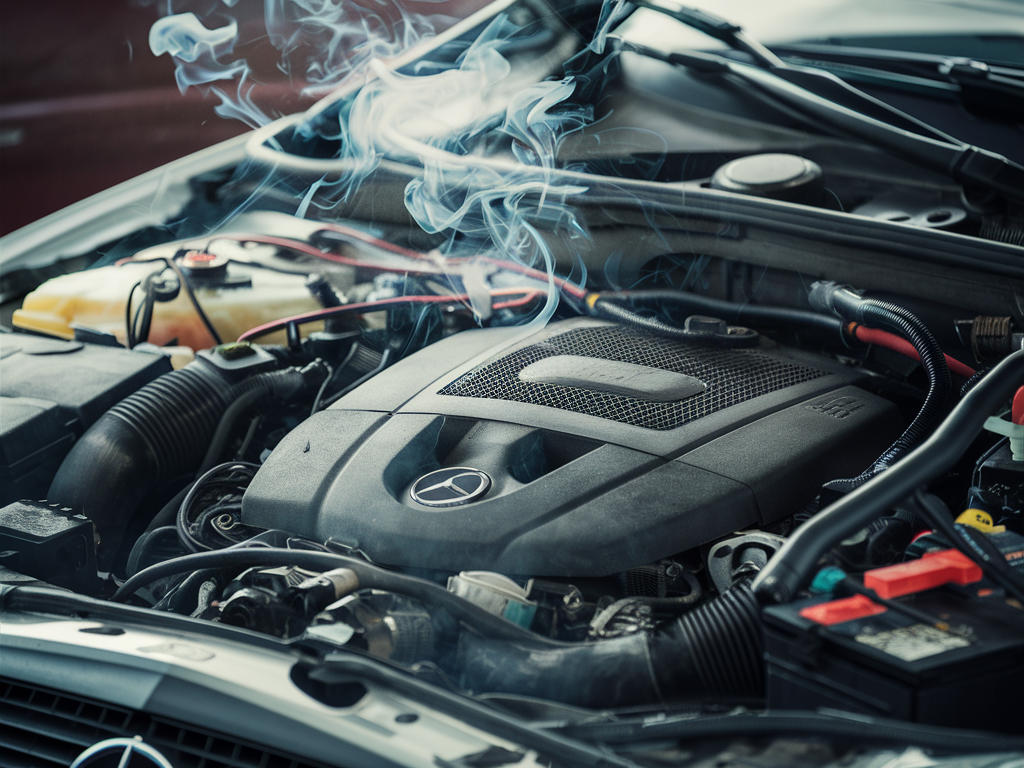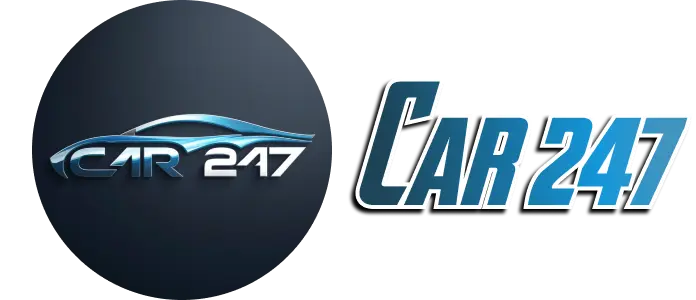A Mercedes-Benz is a symbol of luxury, performance, and engineering excellence. However, like any vehicle, it can experience problems, and one common issue is a faulty starter. A sluggish or non-starting Mercedes can be frustrating, but understanding the common causes and troubleshooting steps can help you get back on the road quickly. At Car 247, we will explore the world of Mercedes Benz starter problems, covering everything from diagnosis to repair.
Understanding the Starter System

The Heart of the Engine:
Keywords: Starter Motor, Starter Solenoid,
The starter motor is a crucial component in your Mercedes-Benz’s ignition system. It’s responsible for turning the engine crankshaft, allowing the combustion process to begin and the engine to start. The starter motor itself is a powerful electric motor that uses a high current to generate torque.
The Starter Circuit:
Keywords: Starter Circuit, Ignition Switch, Battery,
The starter circuit is a complex system that involves several components working together to activate the starter motor. This circuit includes the battery, the ignition switch, the starter relay, and the starter motor itself. When you turn the key, the ignition switch sends a signal to the starter relay, which then energizes the starter motor.
Common Mercedes Benz Starter Problems
Starter Motor Failure:
Keywords: Starter Motor Failure,
One of the most common Mercedes-Benz starter problems is a faulty starter motor. This can be caused by a variety of factors, including wear and tear, excessive heat, or electrical issues. Symptoms of a failing starter motor include:
- Slow cranking: The engine turns over slowly, making a grinding noise.
- No cranking: The starter motor doesn’t engage at all, and the engine doesn’t turn over.
- Clicking noise: You hear a clicking sound when you turn the key, but the engine doesn’t turn over.
Starter Solenoid Issues:
Keywords: Starter Solenoid,
The starter solenoid is a small but crucial part of the starter system. It acts as a switch that connects the battery power to the starter motor. A faulty solenoid can prevent the starter motor from receiving power, resulting in a no-start condition.
Battery Problems:
Keywords: Battery Voltage, Battery Terminals,
A weak or dead battery can also cause starter problems. The starter motor requires a significant amount of power to operate. A low battery voltage can prevent the starter motor from engaging properly, resulting in slow cranking or a no-start condition.
Wiring Issues:
Keywords: Starter Wiring,
Loose or corroded wiring in the starter circuit can interrupt the flow of power to the starter motor, causing a variety of problems, including slow cranking, clicking noises, or a complete no-start condition.
Diagnosing Mercedes Benz Starter Problems
Visual Inspection:
Keywords: Starter Motor Inspection,
Start by visually inspecting the starter motor and its associated wiring. Look for any signs of damage, corrosion, or loose connections.
Battery Check:
Keywords: Battery Voltage Test,
Use a voltmeter to check the battery voltage. A fully charged battery should have a voltage of around 12.6 volts. If the voltage is low, it could be a sign of a weak or dead battery.
Starter Relay Check:
Keywords: Starter Relay Test,
The starter relay is a small electrical switch that controls the flow of power to the starter motor. You can test the starter relay by using a multimeter to check for continuity between the terminals.
Starter Motor Test:
Keywords: Starter Motor Test,
A more thorough test of the starter motor involves using a jumper cable to directly connect the battery to the starter motor. If the motor engages and turns, it confirms that the starter motor itself is working.
Troubleshooting Mercedes Benz Starter Problems
Battery Replacement:
Keywords: Battery Replacement,
If the battery voltage is low, replace the battery with a new one. Make sure the new battery is the correct type and size for your Mercedes-Benz model.
Starter Relay Replacement:
Keywords: Starter Relay Replacement,
If the starter relay is faulty, replace it with a new one. Make sure the new relay is compatible with your Mercedes-Benz model.
Starter Motor Repair or Replacement:
Keywords: Starter Motor Repair, Starter Motor Replacement,
If the starter motor is faulty, it may be possible to repair it, but in many cases, it’s more cost-effective to replace it with a new one. Make sure the new starter motor is compatible with your Mercedes-Benz model.
Wiring Repair:
Keywords: Starter Wiring Repair,
If you find any loose or corroded wiring, repair or replace it as necessary. Make sure all connections are tight and secure.
FAQs
Q: What are the signs of a failing starter motor in a Mercedes-Benz?
A: Signs of a failing starter motor include:
- Slow cranking: The engine turns over slowly, making a grinding noise.
- No cranking: The starter motor doesn’t engage at all, and the engine doesn’t turn over.
- Clicking noise: You hear a clicking sound when you turn the key, but the engine doesn’t turn over.
Q: What is the best way to diagnose a Mercedes-Benz starter problem?
A: The best way to diagnose a Mercedes-Benz starter problem is to start with a visual inspection, followed by battery, starter relay, and starter motor tests. If you’re not comfortable performing these tests yourself, it’s best to take your car to a qualified mechanic.
Q: How much does it cost to replace a Mercedes-Benz starter motor?
A: The cost of replacing a Mercedes-Benz starter motor varies depending on the model and labor costs. It’s advisable to contact several mechanics for quotes to compare prices.
Q: Can I replace the starter motor myself?
A: Replacing a Mercedes-Benz starter motor can be a challenging task, especially for those without mechanical experience. It’s best to have the work done by a qualified mechanic to ensure the job is done properly.
Conclusion
Mercedes-Benz starter problems can be frustrating, but with a little understanding and troubleshooting, you can often identify and resolve the issue. By understanding the components of the starter system, knowing the common causes of problems, and following the diagnostic and troubleshooting steps outlined in this guide, you can get your Mercedes-Benz back on the road quickly and safely. Remember, if you’re not comfortable performing these tasks yourself, consult a qualified mechanic for professional assistance.

Bài viết liên quan
Erase Trouble Code 2018 Mercedes C43 Sedan AMG
As the proud owner of an Erase Trouble Code 2018 Mercedes C43 Sedan AMG, you [...]
Jul
Mercedes Benz Brake Squeal: Understanding and Addressing the Issue
If you’re a Mercedes-Benz owner, you may have experienced an annoying brake squeal. This issue [...]
Jul
Does Driving Mercedes Long Distance Good? Exploring the Benefits
Does Driving Mercedes Long Distance Good? When it comes to long-distance driving, Mercedes-Benz vehicles are [...]
Jul